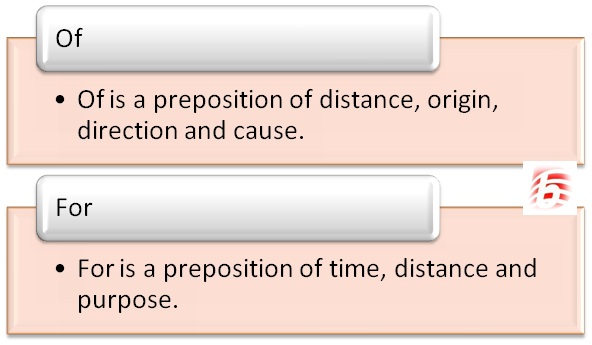Of vs For in English Grammar
Of and for are two prepositions that are often interchanged, but understanding their differences in English grammar is crucial for accurate usage. Prepositions are always present and used in sentences, and both of and for are used to signify a relationship between objects or subjects. Additionally, they both appear in various phrases and both originate from Old English. For also functions as a conjunction.
What does Of mean?
Of is a preposition that may mean relating to or pertaining to, and it can also be used for distance, origin, and cause. It signifies a relationship between two objects. Here are some examples:
• There are a lot of children attending the church choir today.
• I took a candid picture of you.
• Our dog died of cancer.
Phrases that use of include:
– Be of (Possess intrinsically; give rise to): This journey is of great opportunity and experience.
– Of all (Denoting the least likely or expected example): Sylvia, of all the girls, came to the wedding of her friend.
What does For mean?
For, on the other hand, means over a period such as hours, years, and days. It can also be used as a preposition of distance and purpose. Examples of for as a preposition include:
• I have not seen my brother for 18 years now.
• I have walked for a couple of hours.
• Johnny went to the doctor for his checkup.
As a conjunction, ‘for’ can be used like this:
He rose early for he wanted to see his father coming home.
What is the difference between Of and For?
Of is a preposition that is used to mean pertains to, while for is a preposition of time. Both are used as prepositions that link subjects or objects together in a sentence. The preposition of may be used for direction or distance, while the preposition for can be used for distance and purpose. Of can be used in a general or broader sense, while for is specific. For example: “A president will die for his country.” This sentence is specific that the president will die to protect the country. “He died of cancer.” This sentence means that he died because of cancer, nothing specific.
Key Takeaways
- Of is a preposition of distance, origin, direction, and cause, while for is a preposition of time, distance, and purpose.
- Of is used in a general or broader sense, while for is specific.
- Learning to use the words of and for in a sentence will aid in mastering the proper usage of prepositions.
